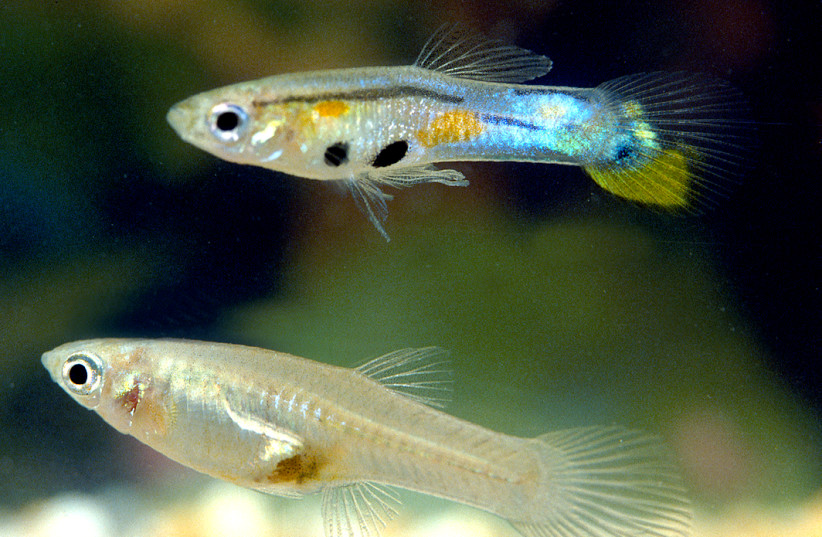According to a study by the Hebrew University of Jerusalem researchers, selective breeding for disease resistance could lead to the development of disease-resistant strains of fish in aquaculture, which could, in turn, keep our food safer.
The peer-reviewed study, published earlier this year in Nature, focused on carp – one of the more common fish from which the popular Jewish holiday dish gefilte fish is made.
According to lead researcher Prof. Lior David, the study concluded that “disease-resistant fish not only survive better but also reduce the infection rate in others.”
He added, “This has significant implications for aquaculture production and disease epidemiology.”
The researchers conducted a comprehensive investigation into the infectivity of disease-resistant and susceptible fish. They did this by studying the roles of these fish as shedders (infecting) and cohabitants (infected) in various combinations, specifically relating to cyprinid herpes virus type 3. This approach allowed them to gain valuable insights into disease transmission dynamics among fish populations.

Genetic resistance in aquaculture
Infectious diseases significantly hinder humans' and animals' health and well-being. Breeding animals with genetic resistance offers a sustainable approach to producing healthy food and opens up new avenues for research. However, the connection between resistance and susceptibility to infection is poorly comprehended.
The research showed that fish with resistance to the virus had lower amounts of the virus in their spleens and higher survival rates than those susceptible. When resistant fish infected susceptible fish, their mortality rates decreased compared to those infected by other susceptible fish. Furthermore, tanks containing resistant fish had lower viral levels in the water, reducing infection of other fish in the same tank.
“The study provides experimental evidence that resistance to cyprinid herpes virus type 3 reduces infectivity due to a host mechanism that restricts viral replication and pathogen shedding,” David said. “This not only benefits aquaculture production but also contributes to reducing virus propagation and disease spread in natural water bodies.”
